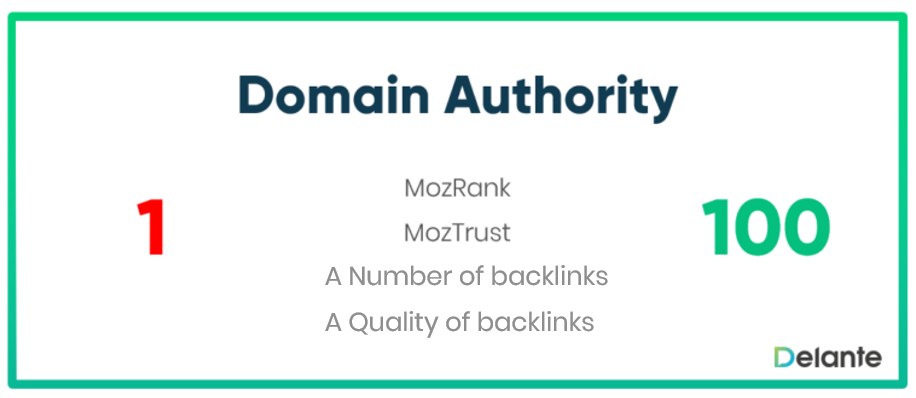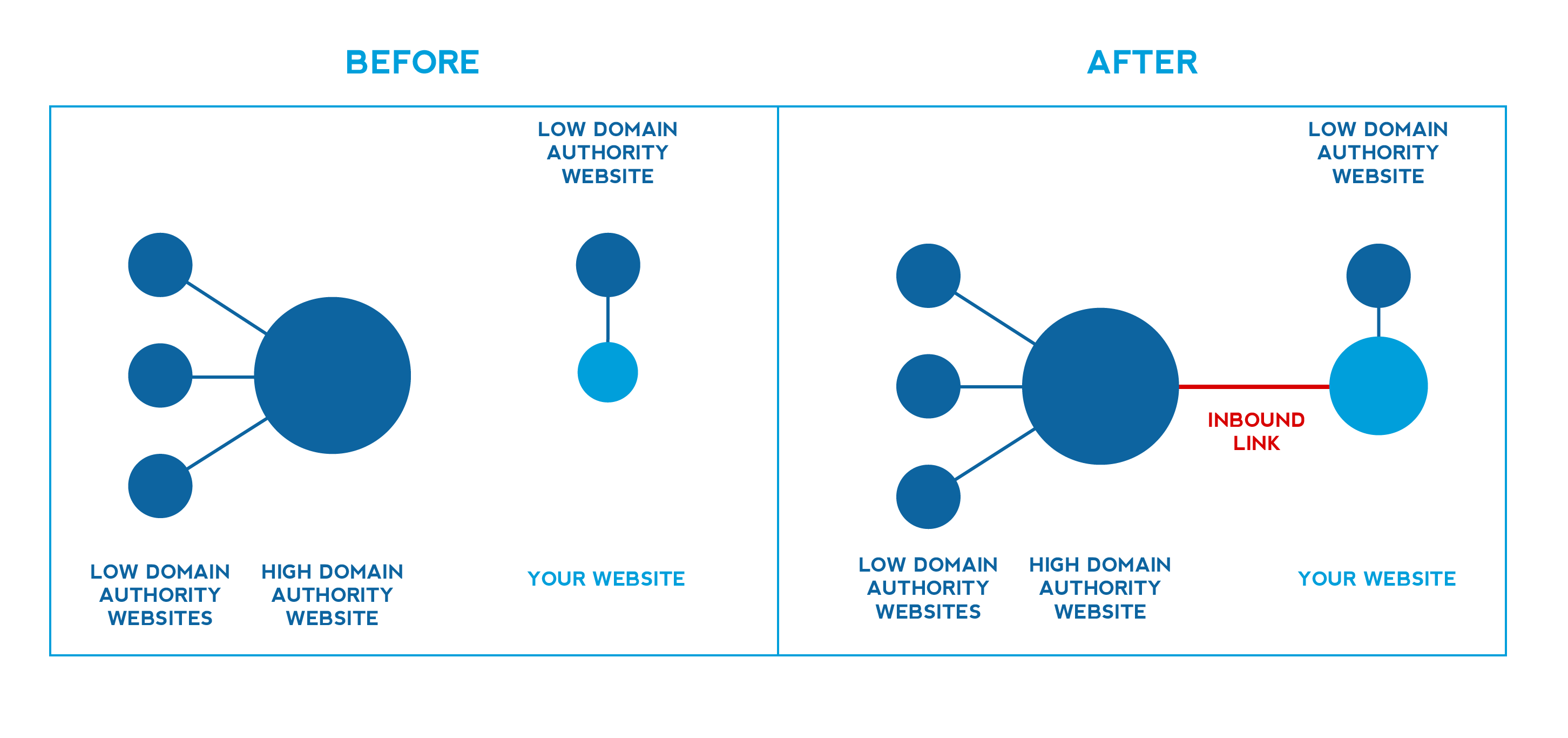

Do you want to measure your website's domain authority? It's important to know your site's authority score so you can identify areas of improvement and understand how it stacks up against competitors.
Luckily, there are a variety of online tools available to help you measure your domain authority.
In this article, we'll explain what domain authority is, why you should measure it, types of tools you can use, and tips to improve your authority. Let's get started!
Your domain's authority is an important factor in determining its overall success. Domain authority is a metric used to measure the strength and influence of a website.
It is determined by a combination of factors, such as age, size, quality of content, and the number of backlinks from other websites. A website with higher domain authority will have a better chance of ranking higher in search engine results.
Domain authority scores range from one to 100, with higher scores indicating greater authority. Knowing your domain's authority can help you make informed decisions about SEO and other digital marketing strategies. Additionally, it can help you measure your website's progress over time and help you to identify areas that need improvement.
Measuring your domain's authority is important to understand how well your website is performing and to inform your digital marketing strategies. Knowing your domain authority provides insight into how your website ranks in comparison to your competitors and helps you identify areas for improvement.
It also gives you a good idea of how much effort you need to put into SEO to improve your ranking in the search results. By tracking your domain authority over time, you can measure the effectiveness of your SEO efforts and see if your website is gaining or losing visibility.
In addition, this metric can give you an indication of how likely it is that your website will be found within search engine results. Knowing your domain authority can provide valuable insight into how well your website is doing and can help you make informed decisions about your digital marketing strategies.

Now that you know why it's important to measure your domain's authority, let's explore the various tools available for doing so. One of the most popular is Moz's Domain Authority, which uses a proprietary algorithm to calculate a score from 1-100. Other tools use similar algorithms, such as Ahrefs's Domain Rating and Majestic's Trust Flow.
All three of these tools offer a good indication of how authoritative search engines think your domain is. However, it's important to note that these scores are not absolute; they merely provide an indication of how a domain is performing compared to others. Additionally, most of these tools require a subscription fee, but they also offer free versions with limited data and features.
Lastly, some webmasters have found success using their own methods to measure domain authority, such as manually tracking visits to the domain or ranking for specific keywords. Ultimately, there are a number of tools and methods available to measure domain authority, so it's important to evaluate each one and decide which works best for your domain.
Once you've chosen a tool to measure your domain authority, you'll need to know how to use it properly. First, you'll need to enter the URL of the website you want to measure. This will generate a score which can be used as a benchmark for other websites.
You should also be able to see a breakdown of different factors that affect the score, such as the number of backlinks, the quality of those links, and other factors. The tool should also be able to compare your domain authority score against other websites.
To get the most accurate score, you'll need to make sure that the tool is up to date. Finally, you should take the time to regularly check your domain authority score to ensure that it is accurate and that your website is still performing well.

Once you've seen your domain authority score, you should regularly check it to ensure it's accurate and that your website is performing well, but there are also additional steps you can take to try and improve it.
Utilize SEO best practices on your website, including optimizing page titles and meta descriptions, using headings and lists, and including internal links. Develop high-quality content that appeals to your target audience, and utilize social media to promote it.
Additionally, focus on building and maintaining a strong link profile, including links from reputable sources. Monitor your backlinks to ensure their quality and relevance. Finally, check your page speed and mobile-friendliness to ensure visitors can access your website quickly and easily.
To wrap up, it's important to regularly monitor your domain authority score to ensure your website is performing at its best.
This will give you an idea of the strength of your website and its ability to rank in search engine results. Additionally, there are many online tools that can help you measure this score accurately. These tools will give you an indication of what you need to do to improve your score, such as improving content quality and increasing backlinks.
With regular monitoring, you'll be able to track your domain authority score over time and see the effects of any changes made. This will help you make informed decisions about how to improve your website's overall performance.

When deciding which online tool to use for domain authority analysis, it's important to consider the features and capabilities of the tool. It should provide accurate and reliable results, so you can make informed decisions about your website's SEO. Popular tools include Moz's Domain Analysis, Majestic SEO, and Ahrefs. Each of these offer different features, so it's important to look at the benefits of each tool and decide which one best meets your needs.
Improving your website ranking is an important part of gaining recognition online. Using domain authority can help. Domain authority is a metric that measures the strength of a website's domain, which in turn can have a large impact on your website's ranking. To use domain authority to improve your website ranking, you need to focus on increasing the quality and quantity of inbound links to your domain. This will help search engines view your website as a reliable source of content and increase its search rankings.
Improving your domain authority score is an important part of improving your website's visibility and credibility. The most effective ways to do this involve optimizing your content, building backlinks, and ensuring your website is well-structured. You should ensure your content is relevant, regularly updated, and keyword optimized. You should also reach out to other websites to build backlinks to your website, and regularly run tests to check for broken links or other issues. Finally, make sure your website is organized well, with an intuitive navigation system, so visitors can easily find what they need.